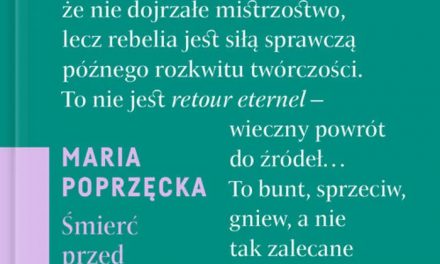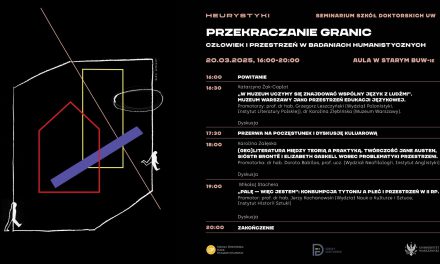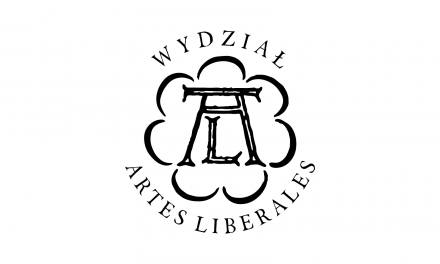Polska Komisja Bałkanistyki Historycznej i Kulturowej (The Polish Commission of Balkan Culture and History (AIESEE)) wystąpiła na 11. Kongresie European Association for Jewish Study (EAJS) w Krakowie 16 lipca z panelem zatytułowanym „The Balkan Jews and Identity Issue”.
Uczestniczkami tego panelu były:
- prof. dr hab. Jolanta Sujecka – Wydział „Artes Liberales”, UW; tytuł referatu: Identity in the Context of 19th Century Macedonia (Balkan);
- prof. UAM, dr hab. Magdalena Koch – Instytut Filologii Słowiańskiej, UAM; tytuł referatu: Autobiography and Biography as a Tool of Cultural Performances of Yugoslav Jewish (Counter) Memory: The Case of Paulina Lebl Albala (1891–1967);
- dr Aleksandra Twardowska – Katedra Bałkanistyki, UMMK; tytuł referatu: The Bosnian Jews as the Citizens of Kingdom of Yugoslavia and Their Identity;
- dr Katarzyna Taczyńska – Instytut Filologii Słowiańskiej, UAM; tytuł referatu: Yugoslav Jewish Women’s Narratives of World War II and the Holocaust.
Opis panelu „The Balkan Jews and Identity Issue” (w języku angielskim):
In the Balkans there was created a multilevel network of mutual cultural relations including languages, tradition, religion, literature as well as identity. It seems that in this region, which for centuries functioned as a multi-ethnic and multi-religious whole, there emerged a specific model of multi-ethnic relations based on a kind of balancing between preserving one’s own ethnic distinctness and integrating with the dominant culture.
In this context our Panel dedicated to the character of Jewish Identity in the Balkans will be extremely significant and an important contribution to the discussion on Jewish Identity and an identity as such, especially in the context of current problems of migration and multiculturalism that Europe and the world are struggling with.
The multilevel identities in the Balkans as well as their fluidity as a result of long process of convergence are totally different in comparison of the rest of Europe. It will be a significant background for our discussion during the panel, and for the main question: how the Balkan Identity context contribute to the Identity process of Jews in the region?









